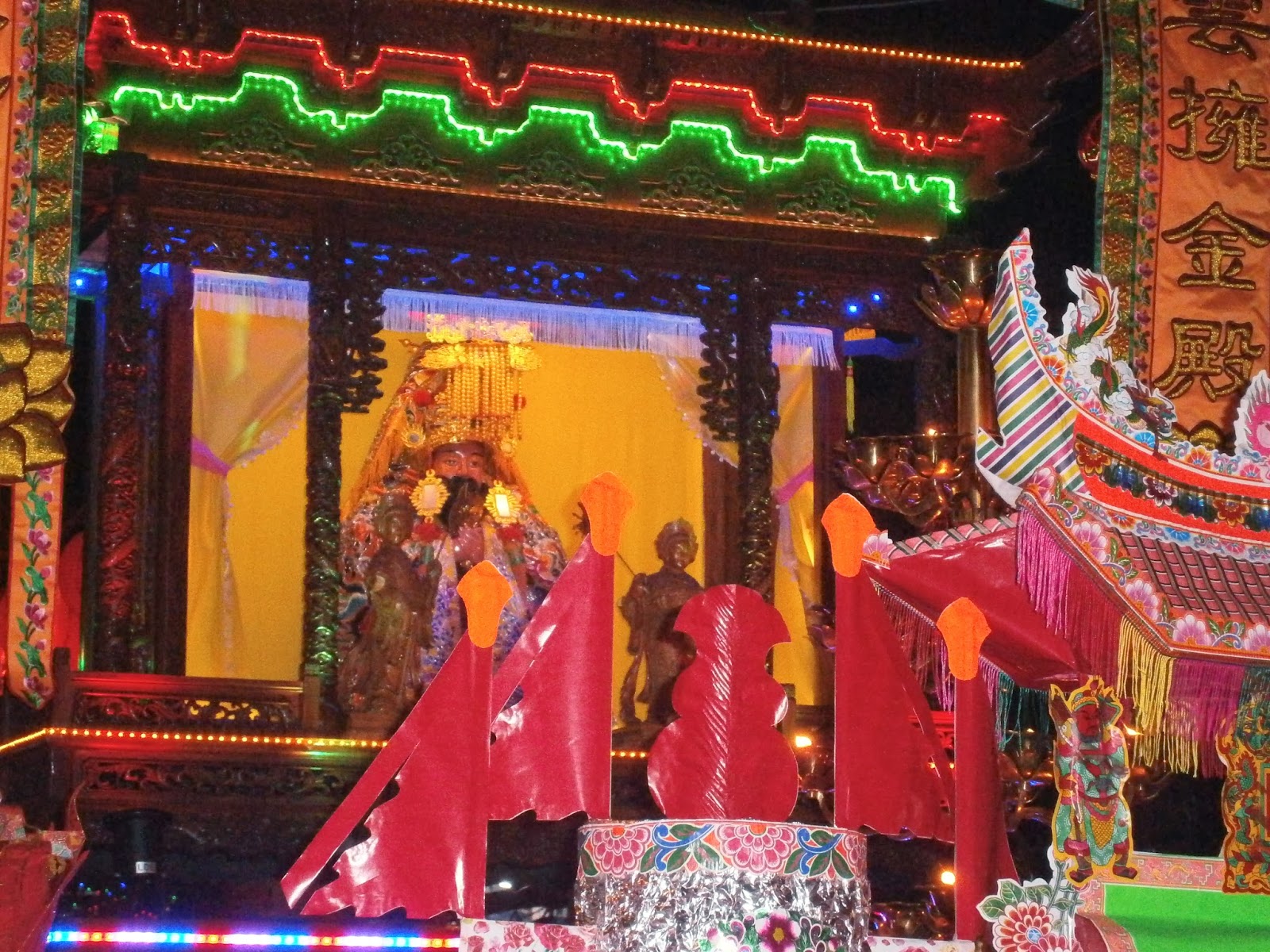Pai Ti Kong: Things You Need To Know About The Hokkien New Year
Pai Ti Kong (拜天公) is celebrated on the ninth day of Chinese New Year.
Booming fireworks and tall, towering sugar cane stalks, Pai Ti Kong is a major holiday for the Hokkien community. Here are some things you ought to know about the celebration:
1. Literally meaning "pray sky god", Pai Ti Kong is a celebration of the Jade Emperor's birthday and a celebration of gratitude for his protection
The celebration is in commemoration of the Jade Emperor's birthday. It is also believed that during the Ming dynasty, in the first lunar month, a kampung in Fujian was attacked and its villagers sought refuge on a sugar cane farm. Throughout their refuge, they prayed to the Jade Emperor for protection, and the Jade Emperor had protected them for nine days.
The celebration is said to be more important than the first day of Chinese New Year itself, as it is the day where the entirety of the Hokkien clan was spared from death.
2. The party don't stop till the fireworks do
The celebrations commence on the eve of the ninth day. At 11pm on the eighth day, the Hokkien community would already be putting the final touches on their altars and would be lighting fireworks and joss sticks for the ritual prayers. The joss sticks are carved intricately with dragon designs and stand 10ft tall. Another important practice is to burn folded gold joss papers, or kim chua, as a thanksgiving offering to the Jade Emperor.
After burning the joss sticks and papers, and fireworks to ward off evil spirits, then begins the late-night feast! The celebrations would usually last up to 3am or 4am on the ninth day.
Speaking to The Sun, Klang Hokkien Association president Dato' Teh Kim Teh says: "The celebrations end when the fireworks are done."
3. Must-have offerings: sugar canes and pineapples
Sugar canes are made significant for the celebration due to its history, its symbolism of continuous growth, and its coincidental phonetic similarities to "thank you" in Hokkien (kam chia - sugar cane, kam xia - thank you). Whereas pineapples, or ong lai, are used for prayers and decor as its name sounds like "come, prosperity."
Offerings are prepared by each household, and include a variety of Hokkien sweet and savoury cakes: sticky rice cakes (ti kueh), prosperity cakes (huat kueh), red tortoise buns (ang ku), red-coloured buns (mee ku), rice pudding (bee koh), and miniature bright-pink pagodas made from sugar. Offerings also include fresh fruits, tea, roasted meats, and for those who can afford it, roasted piglets.
Non-food offerings include joss sticks and flowers.
4. It's a really big celebration in Penang. Like, really, really big.
As Penang houses the larger part of the Hokkien community in Malaysia, Pai Ti Kong celebrations in the state are considered one of the world's largest and most active. Grandeur celebrations take place each year at Weld Quay in George Town, as the road runs along the clan jetties with primarily Hokkien residents, the Jade Emperor Pavilion in Air Itam, and the Goddess of Mercy Temple on Jalan Masjid Kapitan Keling.
Other Taoist temples across the country have grand celebrations for the occasion as well, such as the Kuan Yin Temple on Jalan Raya Barat, Klang.




